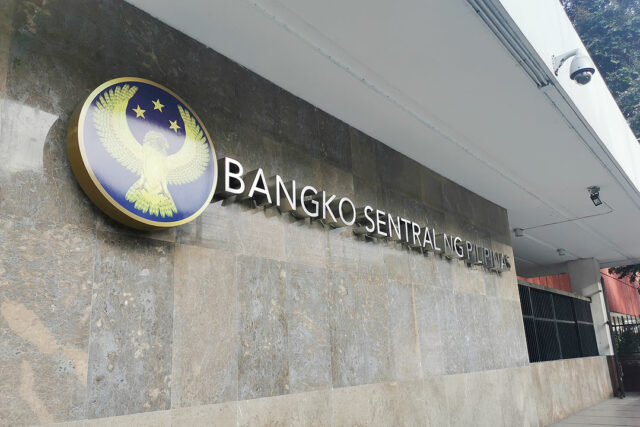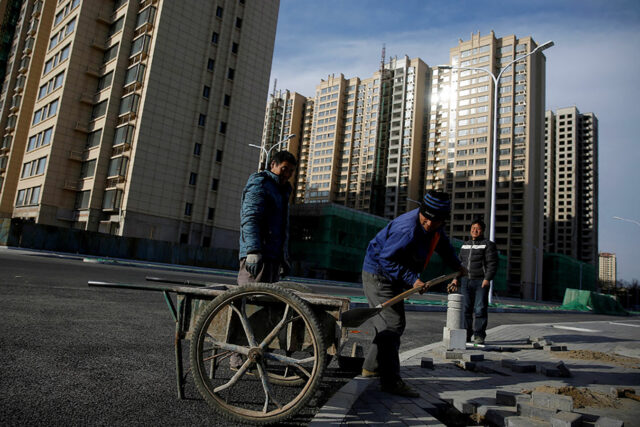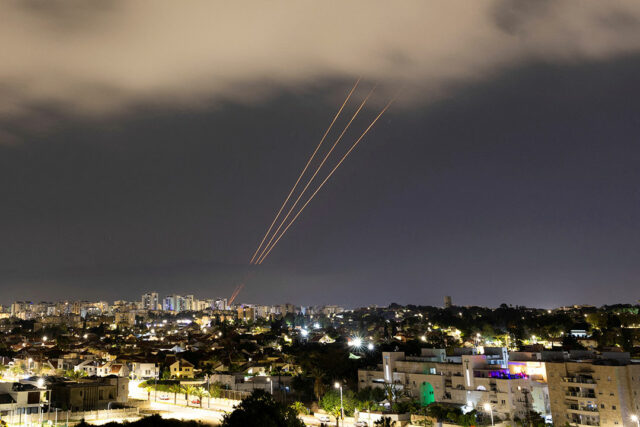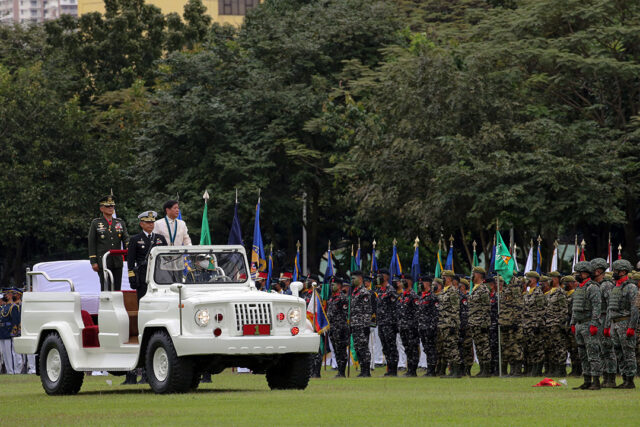According to estimates, the Philippines loses P500 billion to tax evasion annually. Thus, in the early stages of his term as the Commissioner of the Bureau of Internal Revenue (BIR), Commissioner Romeo Lumagui implemented several reforms and programs against tax evaders. These programs include enforcement operations, including the demonstrably successful Run After Fake Transactions (RAFT) and Run After Tax Evaders (RATE) programs.
Highlighting his commitment to prosecute tax evaders, the BIR’s enforcement activities have led to countless raids and arrests for violations of the Tax Code. In 2023, the BIR filed cases under its RAFT program against sellers and buyers of fake receipts, with estimated tax liabilities of P45 billion. For the RATE Program, 221 cases were filed, involving estimated tax liabilities of P13.24 billion.
Aside from enforcement, the BIR is also active in information campaigns to educate taxpayers about their tax obligations. The BIR is particularly busy with these campaigns during the income tax return filing season, which culminated on the April 15 deadline. Taxpayers were constantly reminded of their responsibility to pay the right taxes on time in order not to be labeled or prosecuted as tax evaders.
Under Sections 254 and 255 of the Tax Code, as amended, the government can file a criminal case for tax evasion against any taxpayer who willfully attempts in any manner to evade or defeat payment of any tax imposed by the Tax Code. The penalty includes fines of up to P10 million and imprisonment for up to 10 years. Tax evasion is committed by a taxpayer who knowingly and willfully files a fraudulent return with intent to evade and defeat a part or all of the tax (People v. Mendez, G.R. Nos. 208310-11 & 208662, March 28, 2023). Under Section 254 of the Tax Code, as amended (which penalizes tax evasion in general), it must be proven that: 1) the accused is a registered taxpayer; 2) the source of income is proved; and 3) the income was not declared in the corresponding returns.
Tax evasion connotes the integration of three factors: (1) the end to be achieved, i.e., the payment of less than that known by the taxpayer to be legally due, or the non-payment of tax when it is due; (2) an accompanying state of mind which is described as being “evil,” in “bad faith,” “willful,” or “deliberate and not accidental”; and (3) a course of action or failure of action which is unlawful. (CIR v. Estate of Toda, Jr., G.R. No. 147188, Sept. 14, 2004)
On the other hand, under Section 255 of the Tax Code, as amended (which penalizes the failure to supply correct and accurate information), the following elements must be present: 1) the taxpayer is required to pay any tax, make a return, keep any record or supply correct and accurate information; 2) the taxpayer failed to comply with the directive in No. 1; and 3) the taxpayer willfully failed to pay such tax, make such return, keep such record, or supply such correct and accurate information, or withhold or remit taxes withheld (Kingsam Express, Inc. v. People, C.T.A. EB Crim. Case No. 054, Oct. 24, 2019).
Tax Evasion can be committed by “any person.” Person here can mean a natural person or a juridical person. Thus, there are two possible offenders in this crime: individuals or juridical persons. In the case of corporations, Section 253 of the Tax Code states that the penalty will be imposed on the officers responsible for the violation.
In a string of cases decided by the Supreme Court and the Court of Tax Appeals, it was ruled that the prosecution must prove beyond reasonable doubt that the taxpayer knew his legal duty to file a return, yet the taxpayer knowingly, voluntarily, and intentionally neglected to do so.
The term “willful” is defined as voluntary and intentional. In Merten’s Law of Federal Income Taxation, “willful” in tax crimes statutes is defined as a voluntary, intentional violation of a known legal duty.
Applying the foregoing, the element of willful failure to supply correct and accurate information must be fully established as a positive act or state of mind. It cannot be presumed or attributed to mere inadvertent or negligent acts.
Since several taxpayers solely rely on their accountants, will the defense of good faith and faithful reliance upon such accountants hold up against a charge for tax evasion?
The answer is no. The Supreme Court, in the case of People v. Mendez (G.R. Nos. 208310-11 & 208662, March 28, 2023), held that mere reliance on one’s accountant without inquiring and ensuring that the ITR filed with the BIR reported all income is a violation of Section 255 of the Tax Code. This neglect constitutes willful blindness. Willful blindness is defined as the deliberate avoidance of knowledge of a crime, especially by failing to make a reasonable inquiry about suspected wrongdoing despite being aware that it is highly probable.
In the Mendez case, the Supreme Court acknowledged that the accused was a medical doctor and businessman by profession. However, the accused was presumed to take ordinary care of his concerns and is expected to comply with the usual undertakings of his profession. By reason of his blind reliance on this accountant without inquiring and ensuring that his ITR was correctly and timely filed and paid, the Honorable Court convicted him of violating Section 255 of the Tax Code, as amended.
The crime of tax evasion continues to be a pernicious and injurious threat to our society by depriving the government of taxes. By persistently prosecuting tax evaders, the BIR sends a clear deterrent message to would-be violators, encouraging them to instead faithfully comply with their obligations to pay their taxes responsibly.
The BIR’s ardent and principled approach towards educating taxpayers while apprehending tax evaders continues to yield results in the form of record collections and improved tax compliance.
With these pronouncements, taxpayers should be proactive in understanding their tax obligations by knowing how and when to pay the correct amount of taxes.
Let’s Talk Tax is a weekly newspaper column of P&A Grant Thornton that aims to keep the public informed of various developments in taxation. This article is not intended to be a substitute for competent professional advice.
Ramon Vaughn F. Dy III is an associate from the Tax Advisory & Compliance division of P&A Grant Thornton, the Philippine member firm of Grant Thornton International Ltd.
pagrantthornton@ph.gt.com












